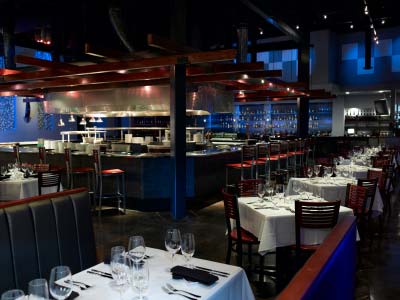The laws for obtaining a Texas liquor license can be confusing and counterproductive to some business owners. It seems that many of the Texas Alcoholic Beverage Code (TABC) provisions are only in place to benefit old favorites and restrain new competitors. However, those days may be coming to an end.
Wal-Mart recently challenged the constitutionality of numerous anticompetitive clauses concerning the sale of distilled spirits for off-site consumption. The problem is also being addressed by new legislation before the state House and Senate.
Texas businesses must get a package store permit prior to selling liquor. Most states require the same type of license, but Texas prohibits companies that are publicly traded from receiving them. Additionally, no individual or company may have more than five liquor licenses.
However, that law does not seem to apply to certain businesses that hold an Austin or Houston alcoholic beverage license. In Austin, for example, there are over a dozen Twin Liquors stores. How do they curry such favor? They merely squirm through a loophole permitting closely related family members to pool their licenses. To make matters even more confusing, hotels are exempt from the five-store limit.
The Houston liquor license laws do not have any basis in public safety or health. A publicly traded company does not have access to liquor that is stronger than the same product sold by a private company. Any sort of protection once afforded by the five-store limit is negated by the large exemptions given to some businesses. It seems the law’s true purpose is to benefit certain companies as opposed to protecting the public health.
This type of regulation smacks of crony capitalism in which businesses enlist the government’s power to protect them from the strains of fair competition, which is nothing new. Taxi companies have entreated cities to regulate Uber enough to force it out of business in their area. Steel companies demand tariffs on steel imports to keep the less-expensive goods out of the U.S.
Rather than improving a product or service in the wake of a competitor’s better offering or lower price, businesses turn to legislators to get the new companies declared illegal. The consumer loses out when these schemes are put into play.
Restriction can stay on the books for decades beyond the point where anyone can recall the reason for their original addition. For instance, the limit of five stores has a grandfathering clause that only applies to stores that have been in business since before 1949.
Litigation seems to be the only recourse to the seemingly arbitrary and outdated TABC regulations. However, lawsuits are expensive and time-consuming. It would make more sense if the Legislature updated the law proactively. Senate Bill 609 and House Bill 1225 aim to end the corporation prohibition and the five-store limit. That would level the playing field for the licensing of spirits sales.
Recent legislation has opened the market for craft breweries in Texas. Microbreweries were restricted by laws that seemed weighted toward the larger breweries. Now, they are able to sell their brews for off-site consumption, which has created an influx of tourists who wish to sample craft beers from Texas. In fact, Texas is embracing a newfound recognition for their numerous craft brews since the laws went into effect. The microbreweries are also enjoying enhanced distribution rights that have encouraged the building of new breweries to cover distribution across the state. These new businesses help to stimulate the economy and create jobs.
A similar type of relaxing of the statutes concerning spirits would modernize the industry and create a more competitive marketplace. Laws must be kept current so that new technologies and established business practices can merge for the benefit of the consumer.

